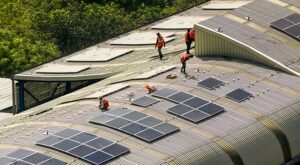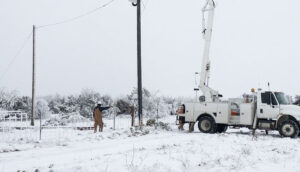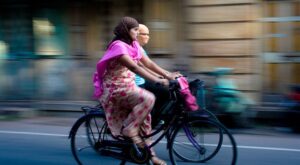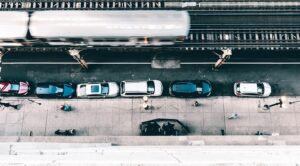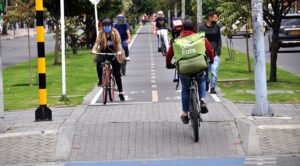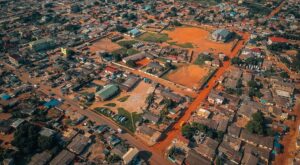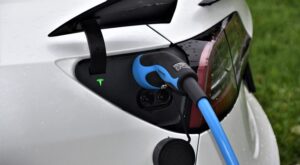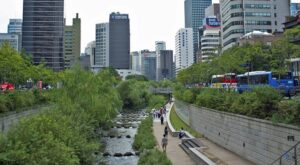
National governments face an enormous triple challenge right now: recovering from COVID-19, creating sustainable and inclusive development, and addressing the climate crisis. New research shows that focusing on cities is key to overcoming these challenges while generating considerable economic, social and environmental benefits. A ...


In cities around the world, local officials face multi-dimensional sustainability and resilience challenges and are often responsible for achieving many overlapping mandates. More effective solutions require cross-cutting responses and collaboration across multiple levels of government and sectors. New research reveals ...

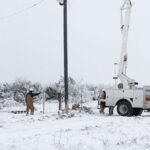
Recent events in Texas and elsewhere in the U.S. are reminding us that our existing energy system infrastructure and operating structures are increasingly being challenged by severe weather-related events. In Texas, unprecedented freezing temperatures created a “perfect storm” of disruption, including ...

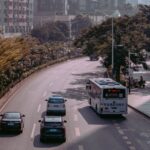
Urban freight vehicles constitute less than 10% of vehicles on the road in most cities, but they account for a disproportionate amount of transport-related CO2 emissions and pollutants. According to the Beijing Transport Institute, freight in Beijing accounts for around ...


Cycling, a sustainable, healthy and low-cost mode of travel, has seen a resurgence in popularity during the pandemic as cars and buses stayed off the roads. During the lockdown in the UK, cycle-to-work schemes saw a 200% rise in bicycle orders from ...


In some ways, cities are like households: they must make adjustments in spending based on cash flow. If your income is cut in half, then you may have to dramatically rethink your standard of living. COVID-19 has hit many households ...

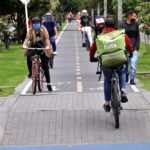
When the COVID-19 pandemic hit, concerns surrounding virus transmission on public transportation led many to choose alternate mobility options – most notably, cycling. Cycling gained popularity for both recreational use and commuting, a trend especially evident in the United States, ...

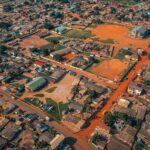
Incidents of building collapse are worryingly common in large African cities. One study counted 54 building collapse deaths and 122 injuries in Kampala, Uganda, between 2004 and 2008. Another identified 112 cases in Lagos, Nigeria, from 1978 to 2008. Cities in Ghana and Kenya, ...

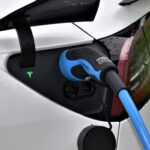
In his first week in office, President Biden signed an executive order that gives federal agencies 90 days to devise a plan that fully transitions the federal fleet’s roughly 650,000 vehicles — including about 225,000 postal vehicles, 173,000 military vehicles ...

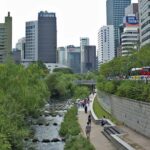
Road development throughout the 20th century was based primarily on the premise that more infrastructure eases traffic. But evidence shows that road building, instead of reducing congestion, actually increases traffic. When travel time by car is reduced and convenience increased, ...

Page 25 of 337« First...1020...242526...3040...Last »











